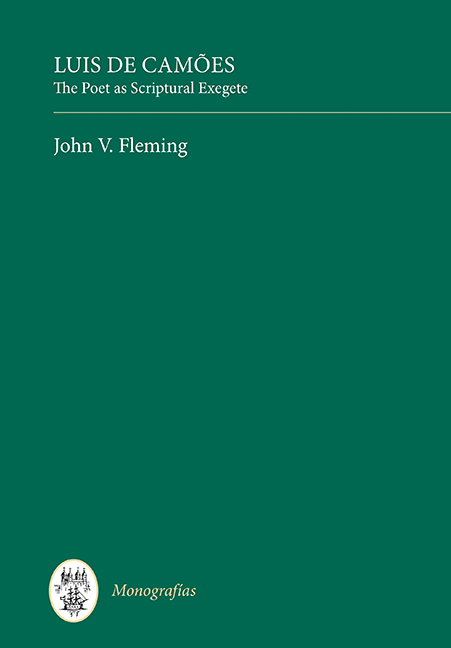5 - Boscán and Some Predecessors
Published online by Cambridge University Press: 15 September 2017
Summary
There is a reason why the moral doxography so characteristic of the earlier periods of European literature commands but a tiny audience of scholars today. Boscán's Conversión is an erudite, technically proficient and philosophically weighty poem, but there is not much juice in it. It may have the concentrated moral nourishment of long-dried fruit, but also its desiccated texture. A reader may feel, perhaps, a less than adequate proportion of placere to docere. There is, however, one almost extravagantly “poetic” décima. It is the sixteenth, just as the narrator approaches the poem's (and his own) turning point toward definitive conversion.
It is time for the fellow to wake up to his moral reality. He starts his preparation in the fifteenth décima:
Yo viendo que amaneciera,
comencé de apercebirme;
ya era tiempo de partirme…
This language almost certainly echoes Romans 13:11 (et hoc scientes tempus quia hora est iam nos de somno surgere nunc enim propior est nostra salus quam cum credidimus; nox praecessit dies autem adpropiavit…) This is perhaps the most famous “conversion text” in Christian history, as it is part of the passage upon which Augustine's eyes fed when in response to mysterious infantile voices he “picked it up and read it.”
The actual waking up is then described, and described with a striking and ambitious simile:
Como pastor que ha dormido
en la noche en su cabaña
que viniendo la mañana
se levanta amodorrido,
y se va por la montaña,
y soplándose las manos
se sacude y se despierta;
así el alma que era muerta
en deseos harto vanos,
se halló que fue despierta.
As a shepherd who has slept
In his cabin all night,
Seeing the morning
Rises up heavy with sleep
And goes along the mountain
And blowing on his hands
Shakes himself and wakes up,
Thus my soul which was dead
In too vain desires
Found itself awake.
There are several remarkable features of this passage, but the one that interests me here is its ancestry.
Information
- Type
- Chapter
- Information
- Luis de CamõesThe Poet as Scriptural Exegete, pp. 105 - 130Publisher: Boydell & BrewerPrint publication year: 2017
